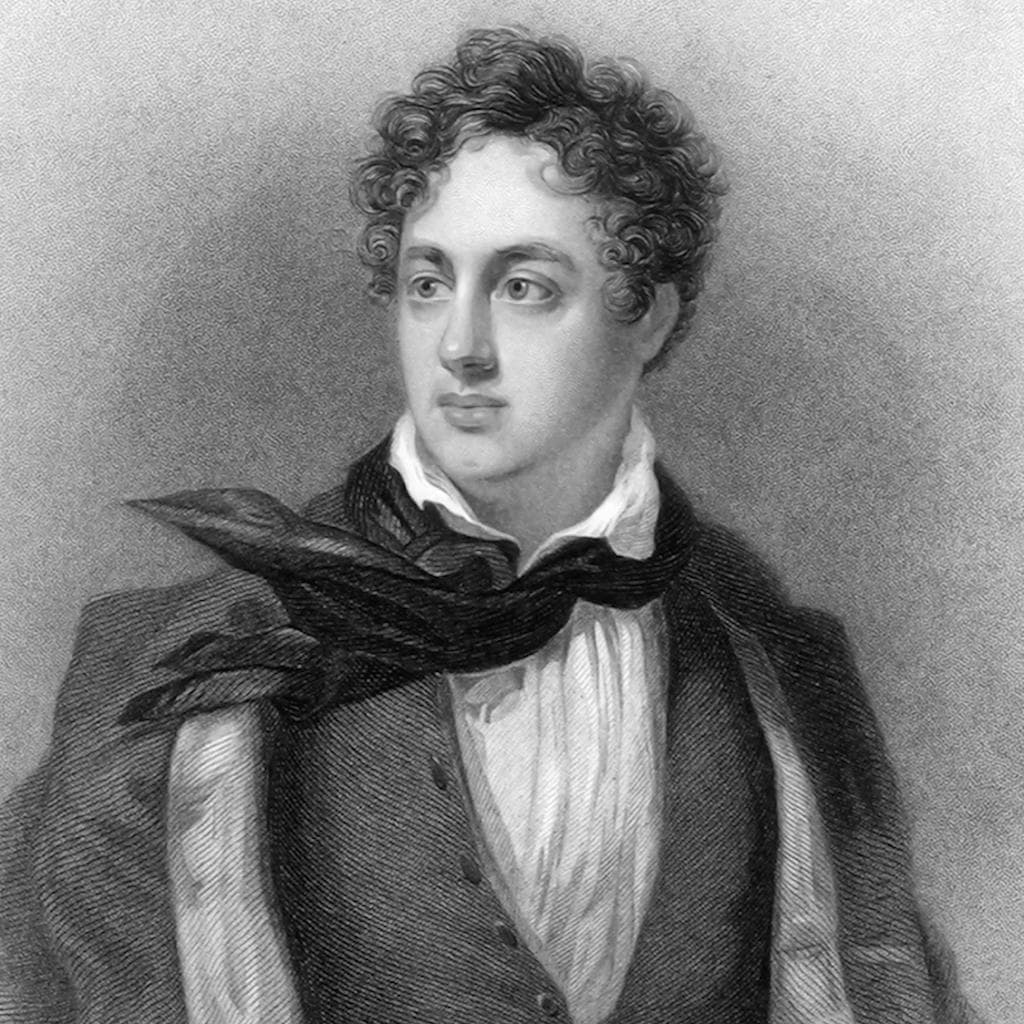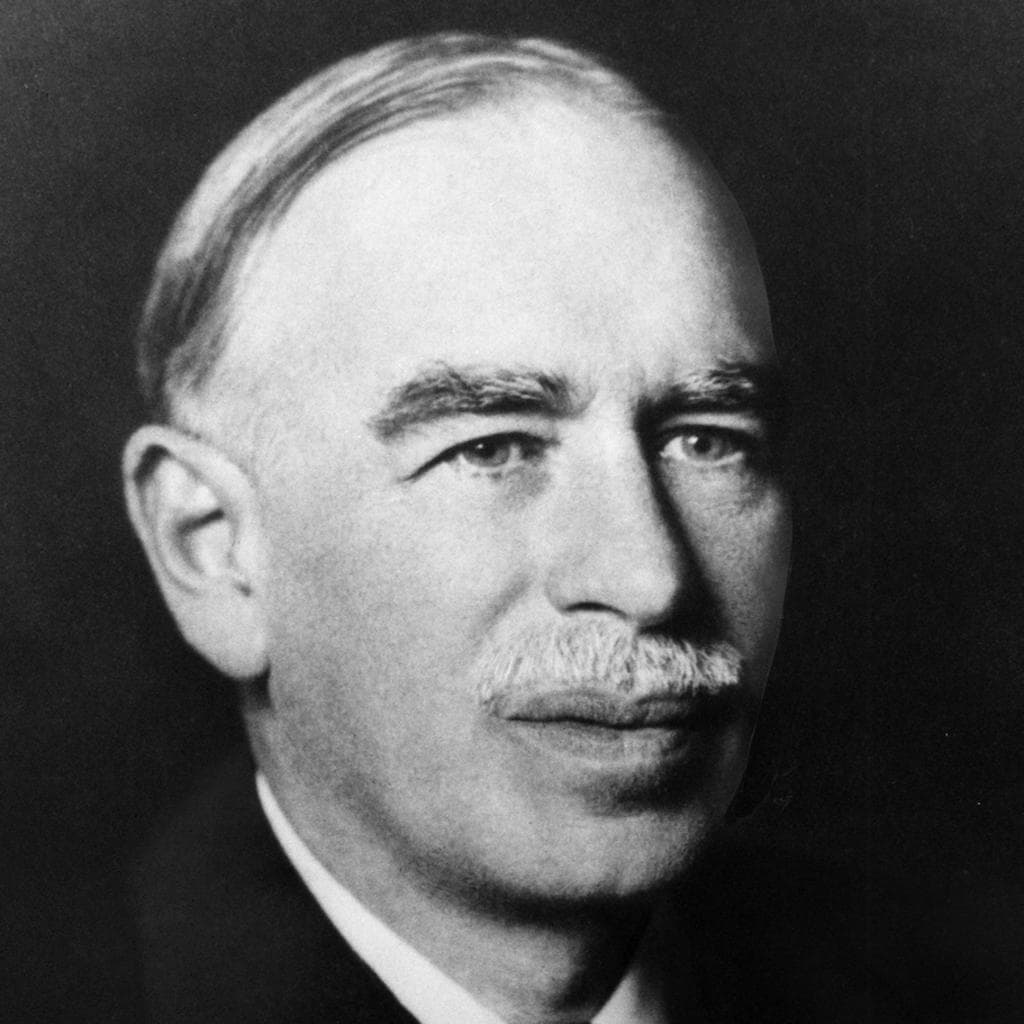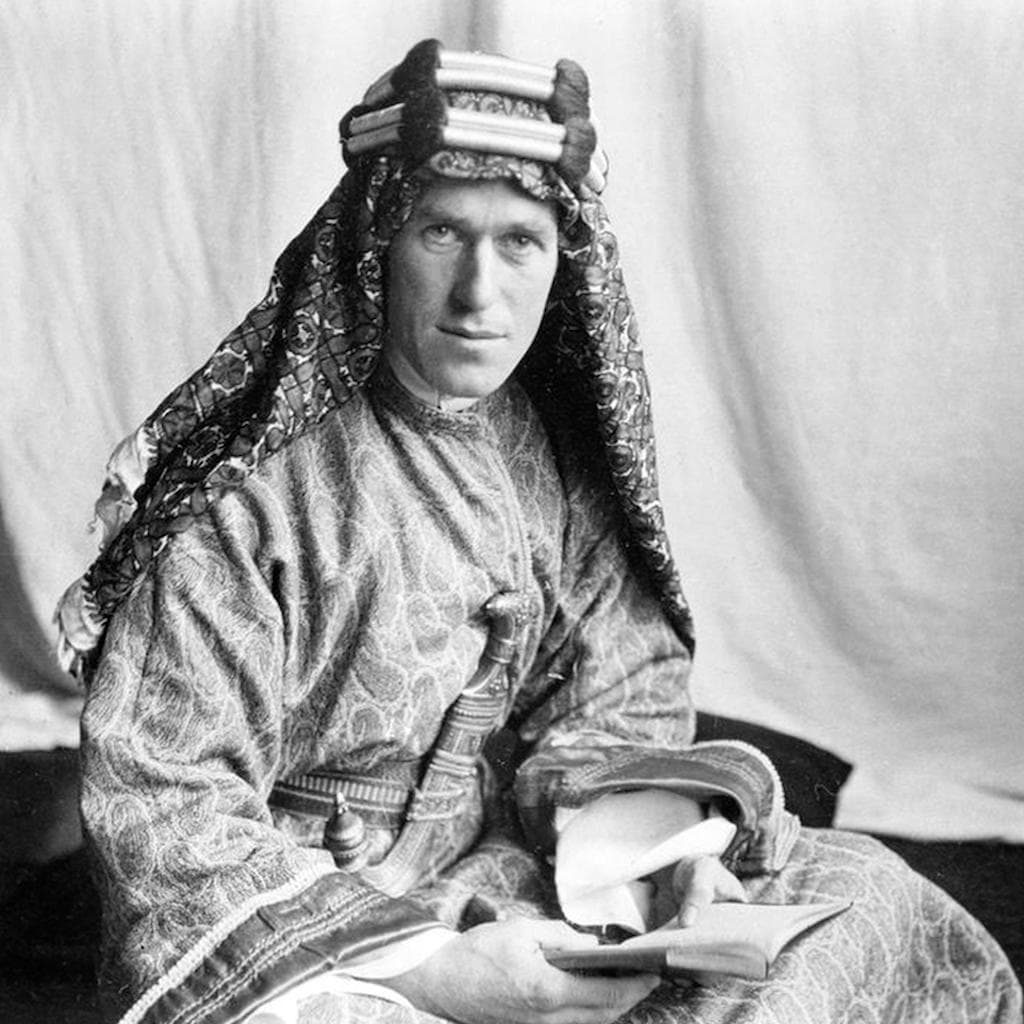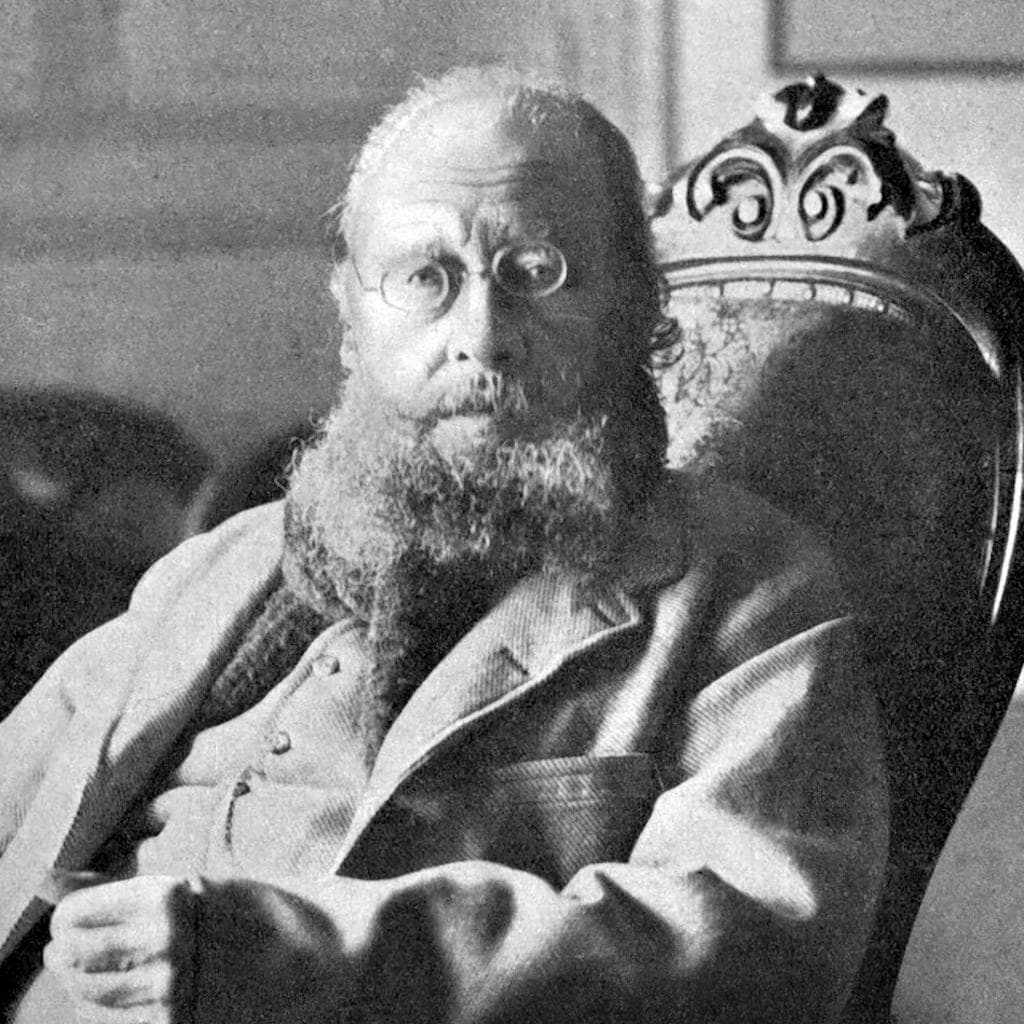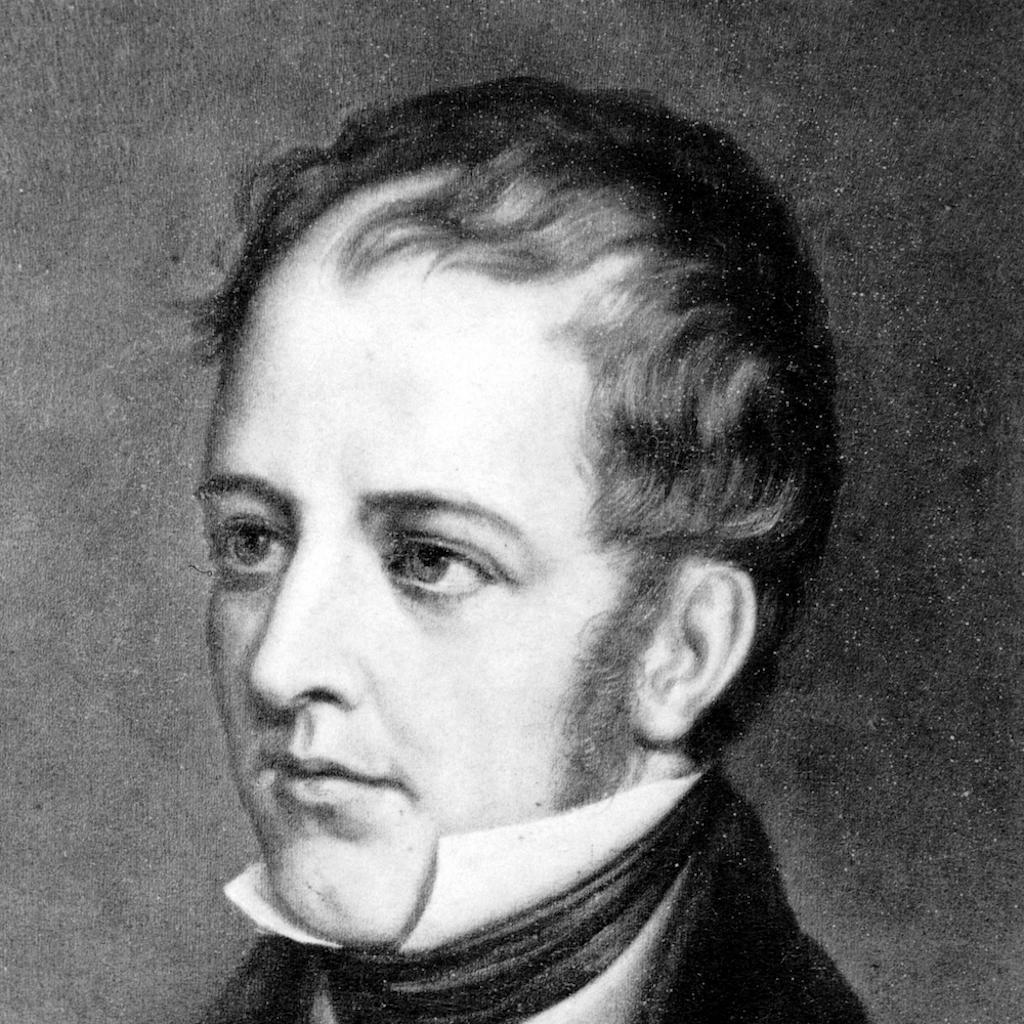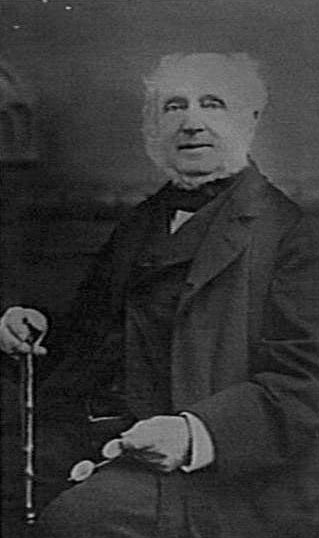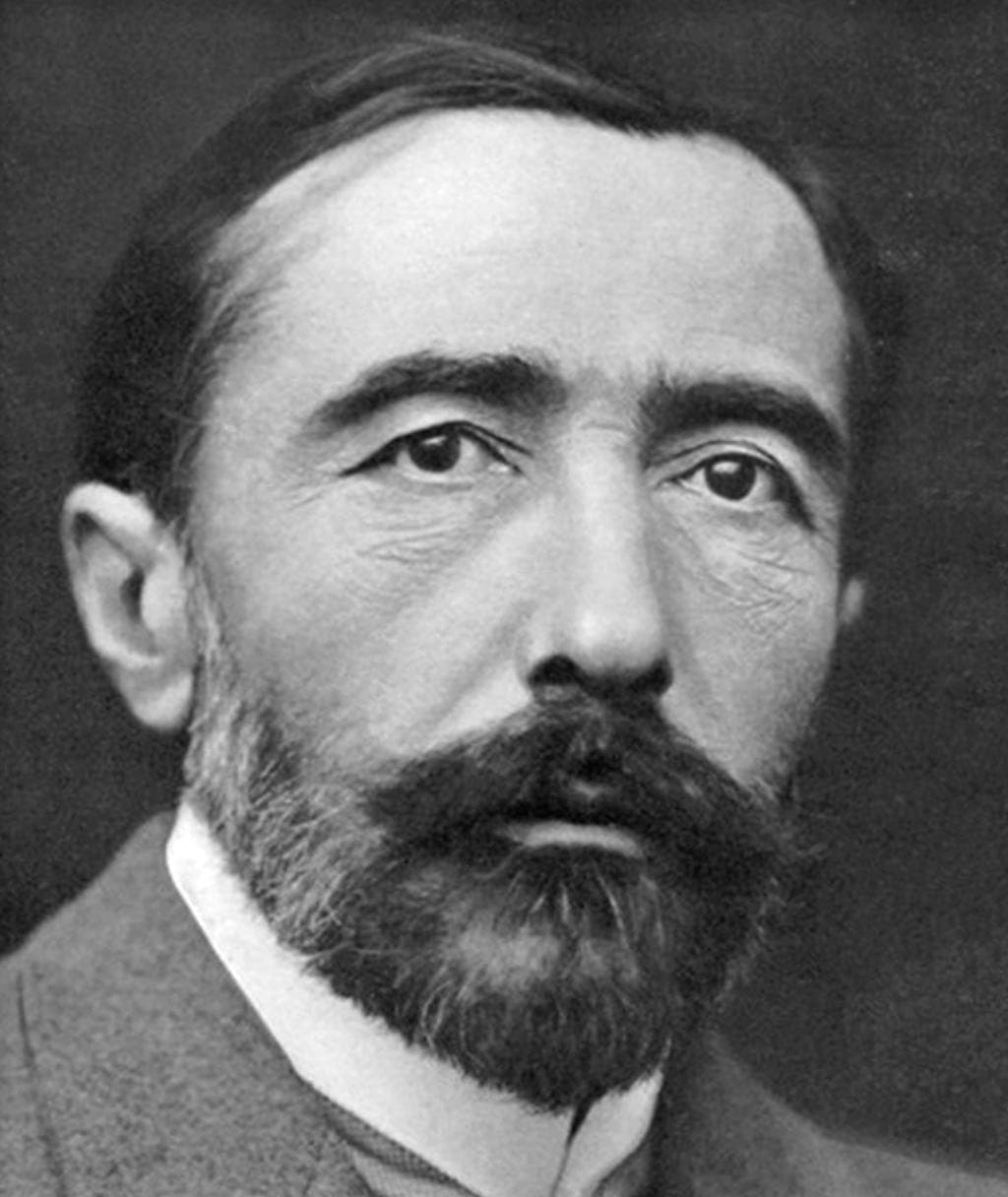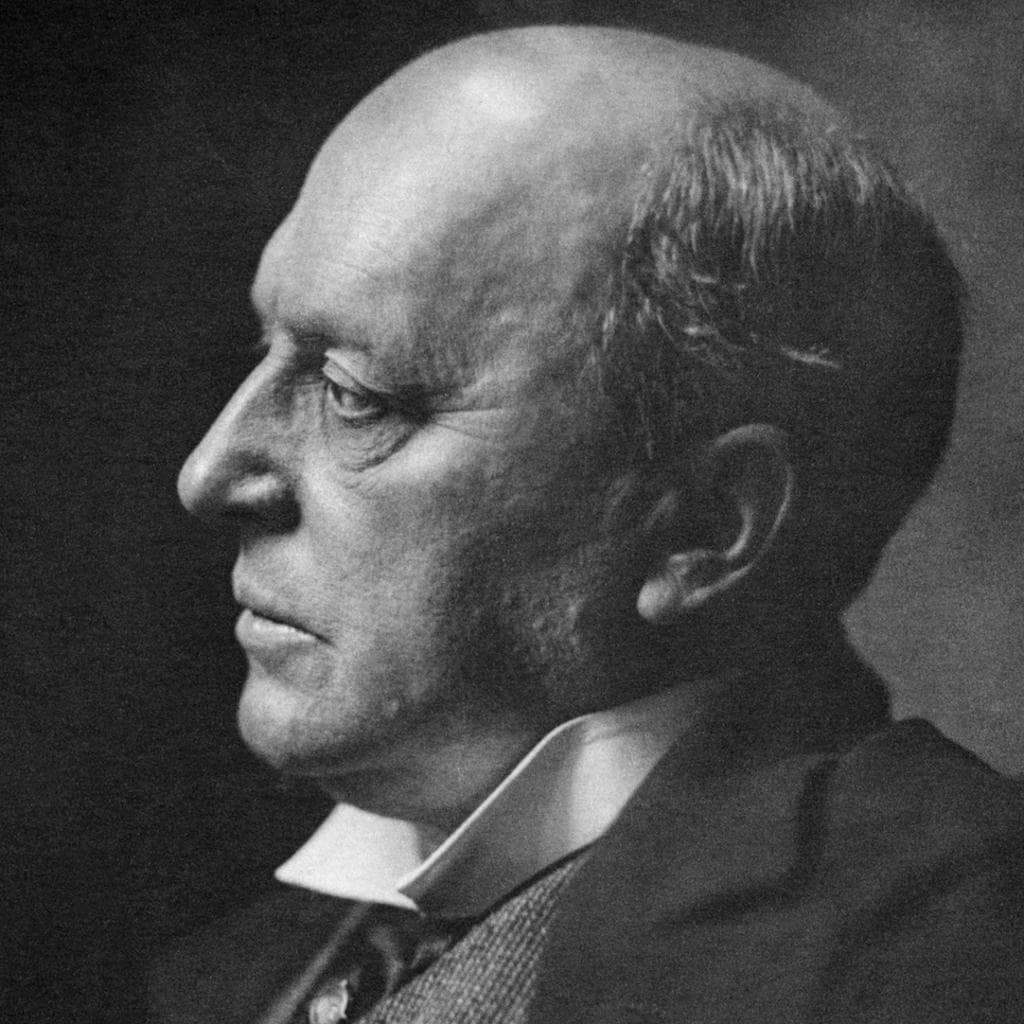BLOG POSTS
Nationality: British
Rymer James Malcolm
The murky world of the Victorian ‘penny dreadful’ was the home of James Malcolm Rymer (1814–1884). With stories appearing in instalments over an extended period, and with many contributors, it could be difficult to establish authorship, but recent research has now identified Rymer as the creator of not only ‘Varney, the Vampyre,’ one of the principal inspirations for ‘Dracula’, but also of Sweeney Todd, the ‘Demon Barber of Fleet Street’.
Byron Lord
“Mad, bad, and dangerous to know”, George Gordon, Lord Byron (1788 – 1824), was the most flamboyant and notorious of the major Romantic poets. Lacking the inhibitions of his contemporaries, Byron’s poetry is exuberant and spontaneous, causing him to be regarded still as one of the greatest of British poets.
Keynes John Maynard
John Maynard Keynes (1883-1946) is perhaps the foremost economic thinker of the twentieth century. On economic theory, he ranks with Adam Smith and Karl Marx; and his impact on how economics was practiced, from the Great Depression to the 1970s, was unmatched.
Lawrence T.E.
The image of ‘Lawrence of Arabia’, dressed in white Arab robes astride a camel is a familiar one, propagated by David Lean’s film 1962 film, but dating back to American journalist Lowell Thomas’s sensationalist account of Lawrence’s part in the Arab revolt, and from Lawrence’s own autobiographical account ‘Seven Pillars of Wisdom’ which, despite some doubts as to its truth in parts, has been described as ‘one of the major statements about the fighting experience of the First World War’.
Lear Edward
The gravestone of Edward Lear (1812 – 1888) in an Italian cemetery reads simply ‘Landscape Painter In Many Lands’, and this echoed Lear’s own view of his principal achievement. Posterity remembers him for inspired lunacy of his nonsense poetry, collected in ‘A Book of Nonsense’.
Marryat Captain Frederick
Captian Frederick Marryat (1792 – 1848) spent most of his working life at sea, and used his experiences for the basis of much of his writing. His works are now largely forgotten, with the exception of his popular children’s book, ‘The Children of the New Forest’.
Gilbert Henry
Henry Gilbert (1868–1937) was a journalist, who wrote a number of books for children based on historical figures, mainly legendary, the most popular of which is ‘Robin Hood’.
Conrad Joseph
Born Jozef Teodor Konrad Nalecz Korzeniowski in Ukraine of Polish parents in 1857, Conrad served in the British Merchant Service (1878-94), travelling to Africa, Australia, India, Indonesia and the Orient, becoming a British citizen in 1886. Turning to full-time writing in 1894, his years at sea featured heavily in his early works. His novels, such as ‘Lord Jim’, and his novella ‘Heart of Darkness’ (on which the film ‘Apocalypse Now’ was based) have brought him an enduring reputation.
James Henry
Although born in the United States, Henry James (1843-1916) was educated in Europe, and spend most of his later life in England, eventually becoming a British citizen. His novels often illustrate the clash of cultures between America and Europe, and in truth were not particularly popular during his lifetime, particularly in the country of his birth. In recent years, his novels have been adapted for film and television, and his supernatural stories, particularly ‘The Turn of the Screw’, remain highly regarded.
